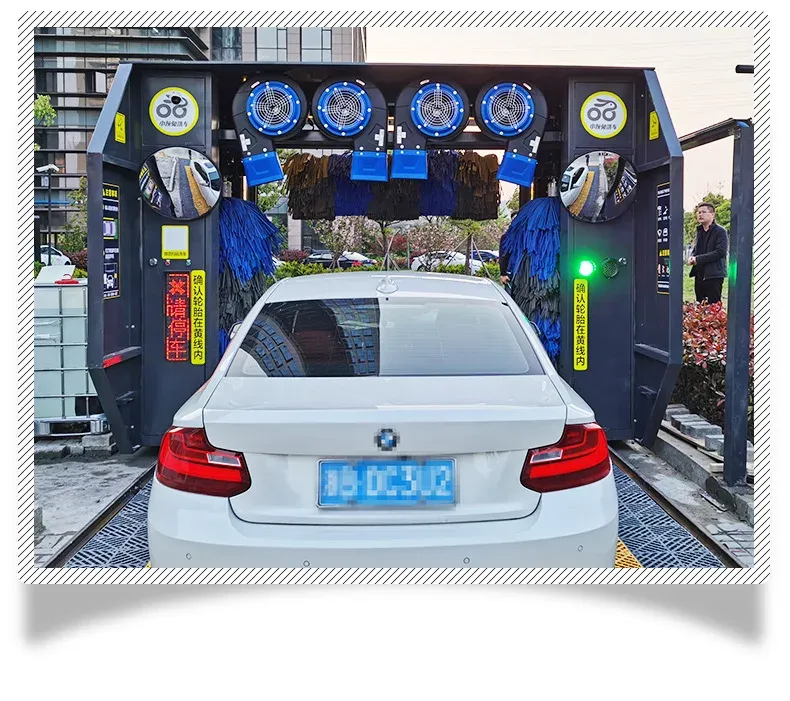
- Afrikaans
- Albanian
- Amharic
- Arabic
- Armenian
- Azerbaijani
- Basque
- Belarusian
- Bengali
- Bosnian
- Bulgarian
- Catalan
- Cebuano
- Corsican
- Croatian
- Czech
- Danish
- Dutch
- English
- Esperanto
- Estonian
- Finnish
- French
- Frisian
- Galician
- Georgian
- German
- Greek
- Gujarati
- Haitian Creole
- hausa
- hawaiian
- Hebrew
- Hindi
- Miao
- Hungarian
- Icelandic
- igbo
- Indonesian
- irish
- Italian
- Japanese
- Javanese
- Kannada
- kazakh
- Khmer
- Rwandese
- Korean
- Kurdish
- Kyrgyz
- Lao
- Latin
- Latvian
- Lithuanian
- Luxembourgish
- Macedonian
- Malgashi
- Malay
- Malayalam
- Maltese
- Maori
- Marathi
- Mongolian
- Myanmar
- Nepali
- Norwegian
- Norwegian
- Occitan
- Pashto
- Persian
- Polish
- Portuguese
- Punjabi
- Romanian
- Russian
- Samoan
- Scottish Gaelic
- Serbian
- Sesotho
- Shona
- Sindhi
- Sinhala
- Slovak
- Slovenian
- Somali
- Spanish
- Sundanese
- Swahili
- Swedish
- Tagalog
- Tajik
- Tamil
- Tatar
- Telugu
- Thai
- Turkish
- Turkmen
- Ukrainian
- Urdu
- Uighur
- Uzbek
- Vietnamese
- Welsh
- Bantu
- Yiddish
- Yoruba
Cost of Car Servicing Machines and Their Features Explained
Understanding the Cost of Car Servicing Machines
In today's fast-paced automotive industry, efficient servicing is crucial for maintaining vehicle performance and customer satisfaction. Car servicing machines play a vital role in ensuring that inspections, repairs, and routine maintenance are conducted swiftly and effectively. With a myriad of options available, understanding the pricing of these machines is essential for workshops and dealerships looking to modernize their operations.
Categories of Car Servicing Machines
Car servicing machines can be broadly categorized based on their function, including diagnostic tools, lifts, tire changers, brake service equipment, and fluid exchange machines, among others. Each category serves a specific purpose in the maintenance of a vehicle, and their prices can vary significantly.
1. Diagnostic Tools These machines are essential for identifying issues within a vehicle's systems. Prices for professional-grade diagnostic scanners range from $100 to over $10,000, depending on their capabilities. Advanced models can provide in-depth analytics for modern vehicles equipped with multiple sensors and electronic systems.
2. Lifts A fundamental piece of equipment for any servicing garage, vehicle lifts enable mechanics to work underneath cars safely. Hydraulic lifts, which are commonly used, can range from $2,000 to $10,000. The price often correlates with lifting capacity, safety features, and build quality.
3. Tire Changers and Balancers As vehicles demand more tire maintenance due to varying road conditions, efficient tire changers and balancers have become indispensable. Basic tire changers can cost approximately $1,500 to $3,000, while advanced machines with automatic features may exceed $7,000.
4. Brake Service Equipment Brake lathes and accompanying machinery are vital for maintaining braking performance. Prices for brake lathes can range from $1,500 for basic models up to $10,000 for high-performance machines that cater to a wide variety of brake configurations.
5. Fluid Exchange Machines These machines are gaining popularity due to their efficiency in exchanging oil, coolant, and transmission fluids. Such machines can range from $500 for simpler models to $3,500 for state-of-the-art machines that can handle multiple fluids and come with advanced monitoring systems.
Factors Influencing Prices
car servicing machine price

When considering the price of car servicing machines, several factors come into play
- Brand and Manufacturer Established brands with a reputation for durability and reliability often charge more. However, investing in a well-known brand can offer peace of mind in terms of quality and after-sales service.
- Features and Specifications Machines with advanced features, such as automation, higher precision, and enhanced safety measures, tend to be more expensive. While these features can enhance efficiency, shops must carefully evaluate their cost-benefit ratio.
- Market Demand The automotive service industry is evolving, with increasing emphasis on electric and hybrid vehicles. As technology progresses, certain machines may become obsolete, which can affect prices in the marketplace.
- Condition New machines come with warranties and the latest technology, but used or refurbished machines can be significantly cheaper. It's important to assess the condition and previous usage of second-hand machines before purchasing.
Making the Right Investment
When evaluating the price of car servicing machines, it is essential for automotive businesses to consider not only the upfront cost but also the long-term benefits and potential return on investment (ROI). A more expensive, efficient machine could lead to quicker service times and higher customer satisfaction, ultimately driving more revenue.
Additionally, businesses should consider financing options, warranties, and the costs associated with maintenance and operation over time.
In conclusion, the price of car servicing machines varies widely based on function, technology, and brand. By understanding the costs involved and their implications on service quality and efficiency, automotive businesses can make informed decisions that benefit both their operations and their customers. Investing wisely in quality machinery is vital to staying competitive in a rapidly evolving industry.
-
Integrating Aqua Tunnel Car Wash in Shopping CentersNewsJun.24,2025
-
Gas Station with an Auto Car Wash MachineNewsJun.24,2025
-
Efficiency in Your Aqua Tunnel Car Wash: Power & Water-SavingNewsJun.24,2025
-
Car Wash Business with Advanced Auto Car Cleaning MachinesNewsJun.24,2025
-
Balancing Setup Costs with Aqua Tunnel Car WashNewsJun.24,2025
-
Aqua Tunnel Car Wash: Eco-Design for the Energy-Savvy EntrepreneurNewsJun.24,2025



